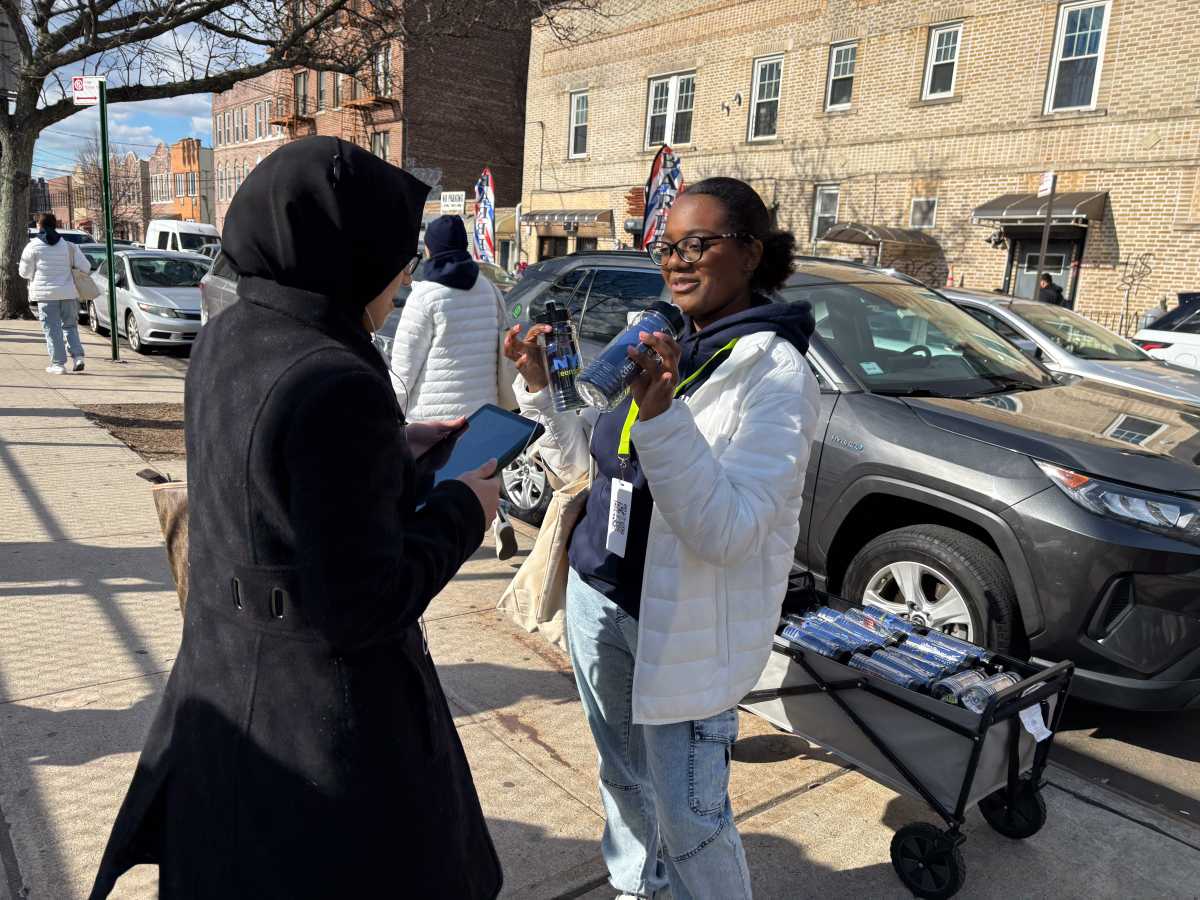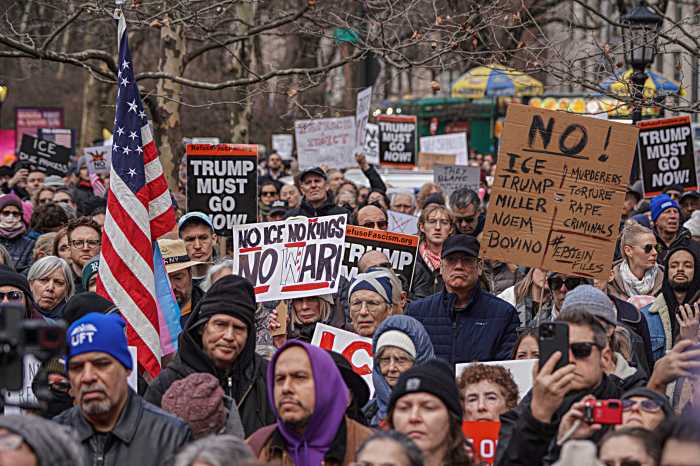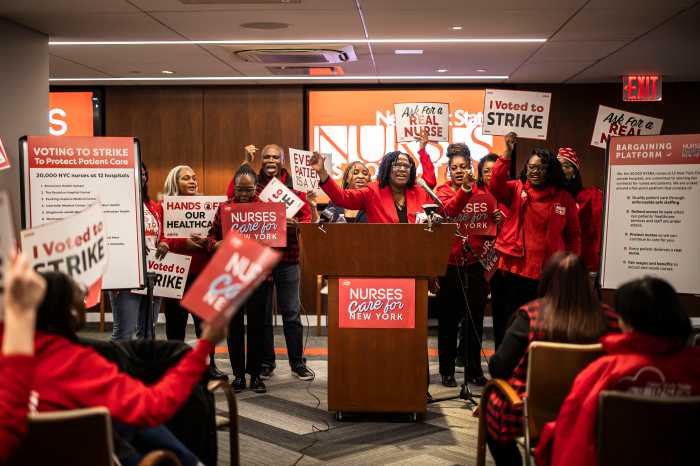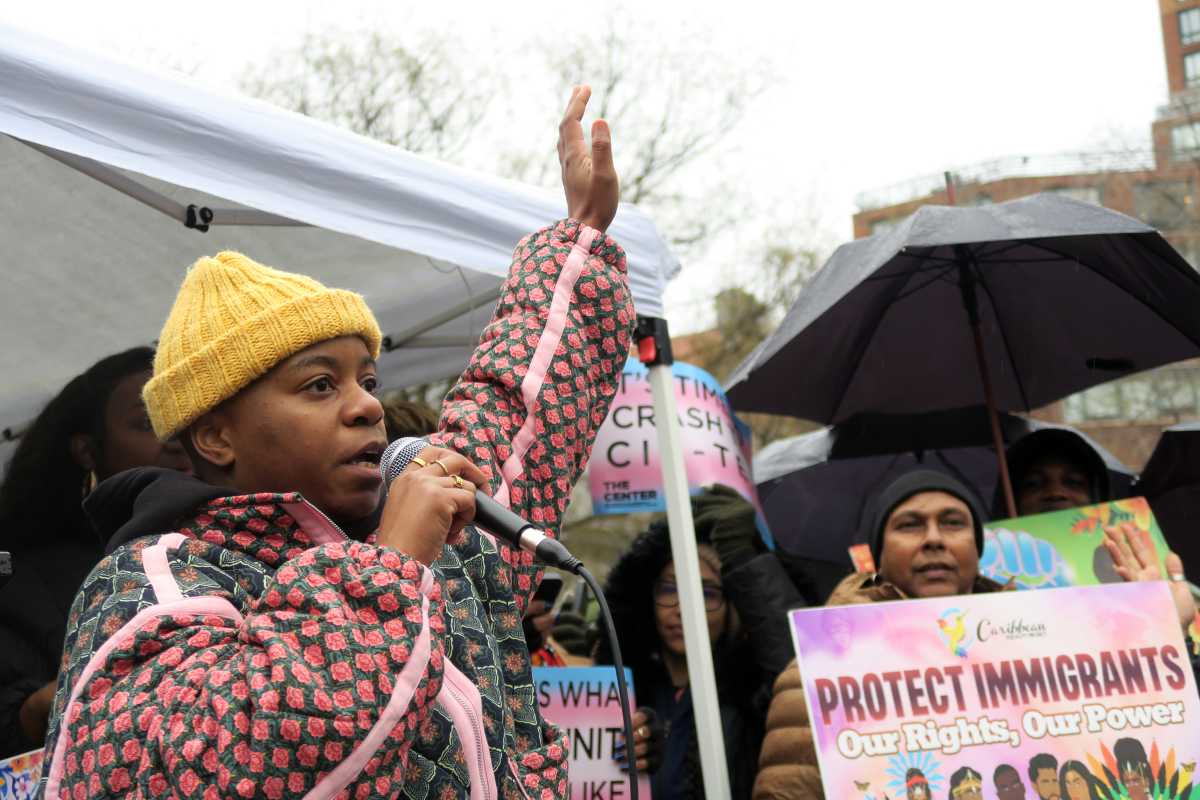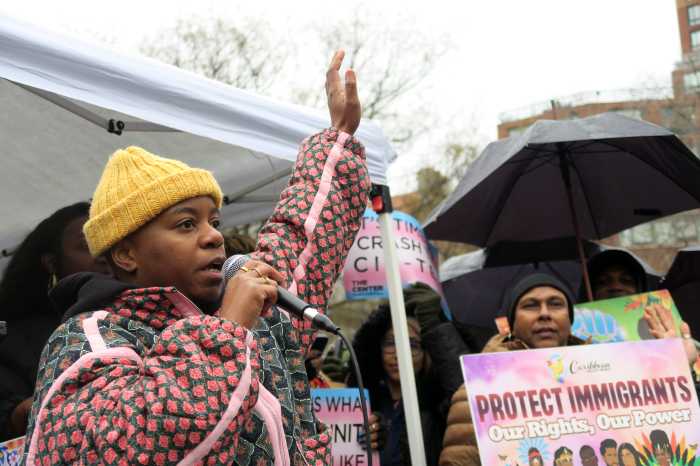From relationships to social media and school work to body image, teens today face many challenges as they come of age. It is hard for parents not to worry about their child’s well-being, but there is some good news in the Big Apple. The NYC Department of Health and Mental Hygiene recently launched NYC Teenspace, a virtual mental health therapy program for teens in the city.
The program is managed by Talkspace, a digital therapy platform that has been helping patients of all ages since 2011. Jon Cohen, M.D., CEO of Talkspace, wants parents to know this digital resource is available for kids right at their fingertips and with a few swipes on the phone. As many parents bittersweetly realize, kids want to talk about their problems, but not usually with their own moms and dads.
“It’s a partnership we have with the city to provide mental health therapy to roughly 465,000 teenagers between the ages of 13-17 access to mental health support,” Cohen said “It’s one of the largest teen initiatives in the country.”
Through the program, teens in NYC have access to a mental health therapist by way of talking, texting or making video calls.
About NYC Teenspace’s virtual mental health therapy
Launched only in November, NYC Teenspace has already helped thousands of teens in New York City with so many mental health problems and challenges, many of which adults likely recall from their own childhoods.
“It’s not going to be a surprise,” Cohen said. “It’s depression, anxiety, relationships, issues around bullying.”
Those relationship problems could be about family members, friends or others, Cohen said. Academic stress and substance use are other problems teens discuss with Talkspace’s network of more than 500 licensed therapists in the city.
Issues around suicide and self harm
Sadly and alarmingly, thoughts of suicide are common among teens. According to Cohen, the national rate runs around 10% of kids actually attempting suicide.
“It’s a huge part of why mental health is the greatest threat to the life of teenagers more so than cigarette smoking right now,” Cohen explained, citing a U.S. Surgeon General’s report.
It is hard for doctors to pinpoint why, exactly, suicide rates are so high, but Cohen believes social media addiction is a big factor. Kids spend an average about eight hours each day on social media, the doctor explained.
And the negative impacts the addiction leaves behind can be profound.
“For girls, it’s definitely about body image, weight and eating disorders. That all gets propagated on social media platforms. Bullying for both boys and girls is a pretty big issue.”
Complimenting its mental health expertise, Talkspace has technology that will alert a therapist if a teen might be in danger of self harm. The therapist will then take the necessary steps, whether it be therapy or more immediate action that follows specific protocol if there is a sense of imminent danger, Cohen explained.
The centerpiece of NYC Teenspace is, of course, its online therapy, but Talkspace staff go into the field to make an impact, too. They hold events at schools, talk to parents, teachers and principals, and do lots of marketing to spread the word about their services.
“We do everything we can to get kids on to the platform. That’s our commitment with the city,” Cohen said.
NYC Mayor Eric Adams helped launch the program when it was announced in November.
“When we took office nearly two years ago, we promised all New Yorkers that we would build a healthier city together, and invest in not just our physical health, but our mental health as well,” Adams said. “Our young people shouldn’t ever feel alone. We’re here for them, and together I know we’ll build a healthier, stronger city together.”
How to use NYC Teenspace
Teens visit talkspace.com/nyc to start their virtual mental health therapy. To register, they will enter their birthday and NYC address. They will then be asked to answer a few intake questions about themselves and their preference for therapy.
NOTE: Teens will have to enter a parent or guardian’s email address for consent, but there can be exceptions to this based on special circumstances. More information on this is available on the website.
Teens will be matched with a therapist within hours, so there is no long wait for help. Messaging therapy is unlimited. Video conferencing is available on a monthly basis, but must be scheduled in advance.



